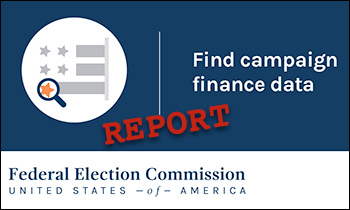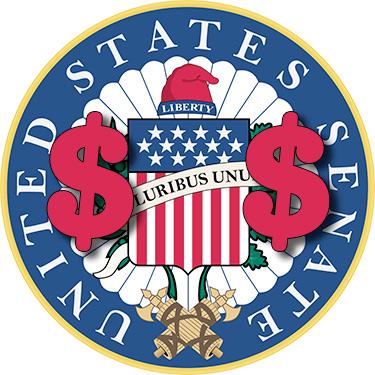By Jim Ellis — Monday, Feb. 6, 2023
Senate
California: Rep. Schiff Attracts Major Political Endorsements — Rep. Nancy Pelosi (D-San Francisco), the veteran former House Speaker, said yesterday that she will support Rep. Adam Schiff (D-Burbank) in the 2024 US Senate race so long as Sen. Dianne Feinstein (D) decides to retire. An additional 14 California US House members also publicly pledged their support to Rep. Schiff. This, even though Rep. Katie Porter (D-Irvine) is already in the race, and Rep. Barbara Lee (D-Oakland) is a virtual certainty to also enter. The March 5, 2024 California jungle primary is likely to advance two Democrats into the general election.Texas: Ex-Presidential Candidate Considers Senate Race — Former US Housing & Urban Development Secretary and ex-San Antonio mayor, Julian Castro (D), is reportedly considering entering the Texas US Senate race to challenge two-term incumbent Ted Cruz (R). US Rep. Colin Allred (D-Dallas) is also discussed as a possible candidate, but the Congressman has yet to confirm that he has interest in running statewide.
Though Sen. Cruz only won re-election in 2018 with a 51-48 percent victory margin over then-Rep. Beto O’Rourke (D), he appears to be in stronger position this year. In a presidential year, and with Republicans still controlling all of the major Texas statewide elected offices, Sen. Cruz must begin this race as a solid favorite for re-election.
Finance Numbers: FEC Publishes Senators’ Year-End Filings — The Senate campaign finance figures are now public, thus giving us clues as to which incumbents are best prepared to wage their re-election campaigns. Though not facing a competitive 2024 battle, Vermont Sen. Bernie Sanders (I) ended the year with the most cash-on-hand, well over $9.7 million.
The senator who has the highest account balance while facing a competitive challenge is West Virginia’s Joe Manchin (D). He appears to have the most difficult re-election path of any in-cycle Senate incumbent. In his two-congressional district state, Sen. Manchin posts just over a whopping $9.5 million in his campaign account. The two senators with the lowest cash-on-hand figures are Mitt Romney (R-UT) with $3,569, and Dianne Feinstein (D-CA) who holds just $9,968.
States
Mississippi: Candidates Set for ’23 Off-Year Election — The Magnolia State’s candidate filing period has closed and in all eight statewide races set for this year’s ballot, each currently Republican held, Democrats have candidates for every campaign. The two elections sure to attract the most attention are the battles for governor and lieutenant governor, though the latter is a GOP primary confrontation.
It is likely the general election will feature Gov. Tate Reeves (R) and Public Service Commissioner Brandon Presley (D) in what many observers believe will become a significant race. The Republican lieutenant governor primary highlights state senator and former US Senate candidate, Chris McDaniel, challenging incumbent Delbert Hosemann.



